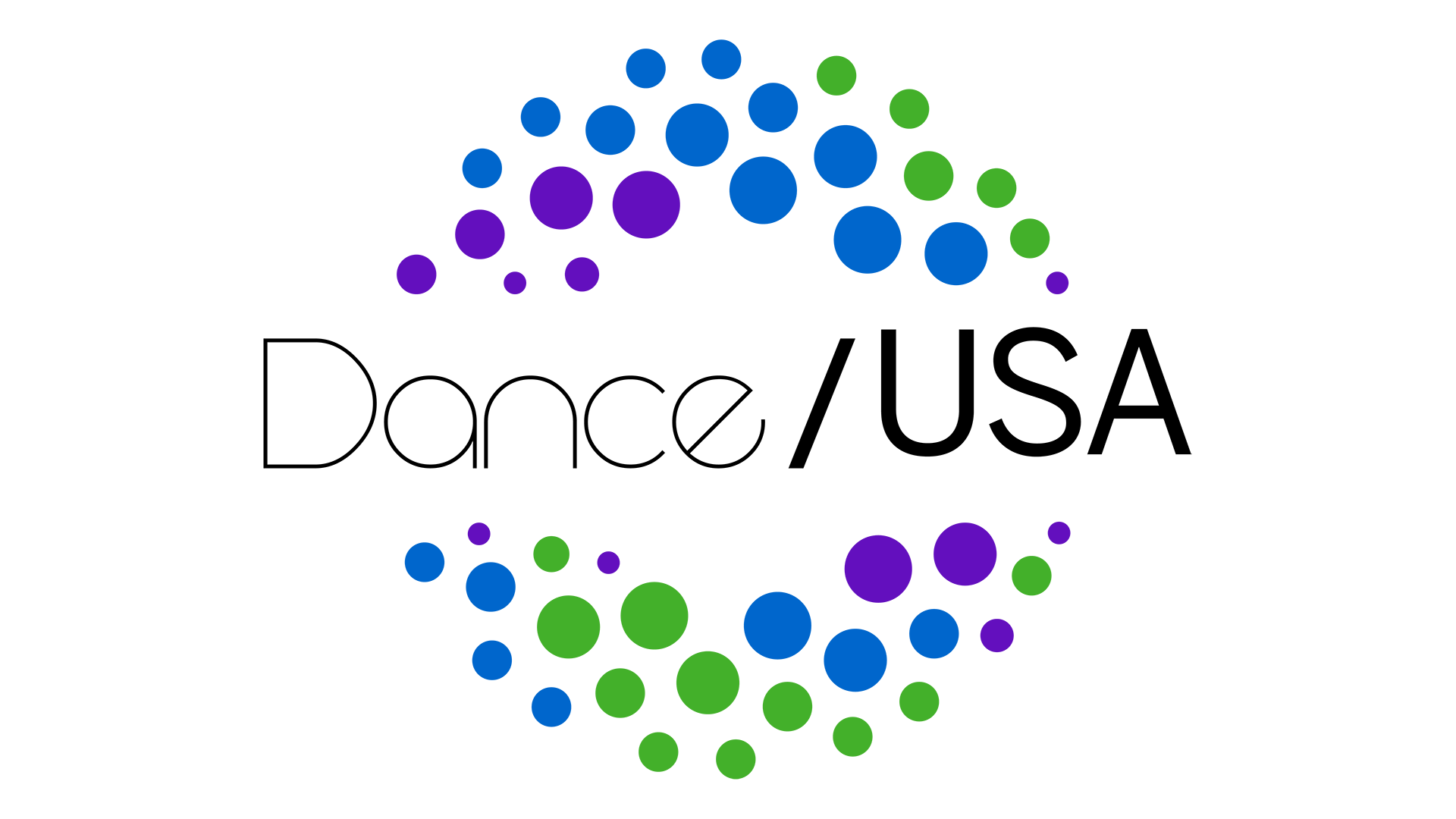Editor’s note: Read Ron Fredman’s article on “Why People Give,” exclusively in From the Green Room.
Why People Give
- You ask them to give.
- They know their gifts will make a difference.
- They know their gifts will have an impact.
- You recognize them for their gifts.
- You allow them to gain personal connections with other individuals who are passionately involved in some meaningful dimension of life.
- You allow them to get back at the corrupt or unjust.
- They have the discretionary wealth to give it away.
- They feel it’s their duty.
- You allow them to relieve guilt about an ethical, political, or personal transgression, whether real or imagined.
- You enable them to “do something” about a major problem or issue.
- You enable them to offer opinions and share their attitudes.
- You help them learn about a complex and interesting problem or issue.
- They are afraid the project will fail without them.
- You give them the chance to release emotional tension cause by a life-threatening situation, critical emergency or an ethical dilemma.
- They believe it is a blessing to do so.
- You give them tax benefits.
- You give them a chance to be associated with a famous or worthy person.
- You give them the opportunity to “belong” to something as a member, friend or supporter.
- You give them something tangible in return.
- They have a philanthropic and giving habit.
- You help them preserve their world view by validating cherished values and beliefs.
- They have demonstrated that they support organizations like yours.
- They know their gifts will accomplish something right now.
- You appreciate them for their gifts.
- You acknowledge the values they express in their giving.
- You encourage them to change people’s lives with their gifts.
- You highlight their worthiness.
- Others they respect have given and invite them to make a gift.
- You aid them in doing something for a family member, a friend, a child or grandchild.
- You show them a way to make a gift and get a personal return.
- They can help achieve a goal.
- They can express personal gratitude for something that helped them or their family.
- They can honor personal achievement.
- They can focus attention on an agency with which they identify.
- You have made it easy to make a gift by offering pledge payments, credit cards, etc.
- You have been thorough in your presentation and they can’t see a reason not to give.
- They respect the leaders of the organization.
- You tell the truth.
- You listen to their needs and ambitions.
- You give the donor more than they expect.
- You don’t argue with anyone.
- You return phone calls.
- You have every detail of your proposal well in hand.
- You don’t apply too much pressure to give.
- You develop a relationship with the donor that enhances confidence.
- You enjoy yourself in the fundraising work and others can see that.
- You seek the donor’s advice on particular aspects of the project’s need.
- You involve the donor’s family or company in the project.
- You speak clearly with confidence.
- You know the importance of the donor’s time and you use it wisely.
- Your appearance is professional and appropriate.
- You are creative in finding ways for the donor to make the gift
- Your approach to the project is creative and unique.
- You position your donor as your mentor or the mentor to others in the organization.
- You say thanks in informal ways that get the donor’s attention.
- You tell others of the donor’s gift and how he or she has made a difference.
- Your donor knows you work hard and give all you can to the company.
- You deal with people as people not as things.
- You don’t garner all the glory, but share success with others in the organization.
- You know there is no windfall gift — someone, somehow probably not a fundraiser or administrator — has touched that person’s life in a dramatic way.
- You critically evaluate yourself. What do you do well? What do others do better?
- You are persistent in your solicitation of the gift.
- You don’t blame others when you are at fault.
- Your company or institution works as a team; you work for the greater good.
- Your ego has not out-distanced your message.
- You follow up after a request has been made.
- You are not discouraged easily.
- When you are told no, you listen to see if you can learn from this temporary setback.
- You are consistent in the themes of your presentations.
- You think of the group or organization first and yourself second.
- Your company is focused on its mission and is not trying to be all things to all people.
- You don’t procrastinate on calling prospects and donors.
- You respond promptly to questions asked by your donor.
- You establish a personal bond with the prospect.
- The donor is inspired by the potential of the project.
- The integrity of the organization strengthens the donor’s confidence.
- The company pays its bills on time.
Why People Don’t Give
- Failure to ask for a specific gift
- No plan
- No powerful supporters
- A concern about management
- A concern about investments
- Inadequate communications
- Inadequate prospect research
- Wrong solicitors
- Premature solicitation
- Failure to ask for gift to have impact
- Failure to suggest ways to give
- Impersonal solicitation
- No follow up
- Pushy, pressured process
- Dissatisfaction with artistic choices or performance quality
____
We accept submissions on topics relevant to the field: advocacy, artistic issues, arts policy, community building, development, employment, engagement, touring, and other topics that deal with the business of dance. We cannot publish criticism, single-company season announcements, and single-company or single artist profiles. Additionally, we welcome feedback on articles. If you have a topic that you would like to see addressed or feedback, please contact communications@danceusa.org.
Disclaimer: Opinions expressed in guest posts do not necessarily represent the viewpoints of Dance/USA.
Tags:

Previous Article
Development Dialogue: The Reasons Are Many
Next Article

